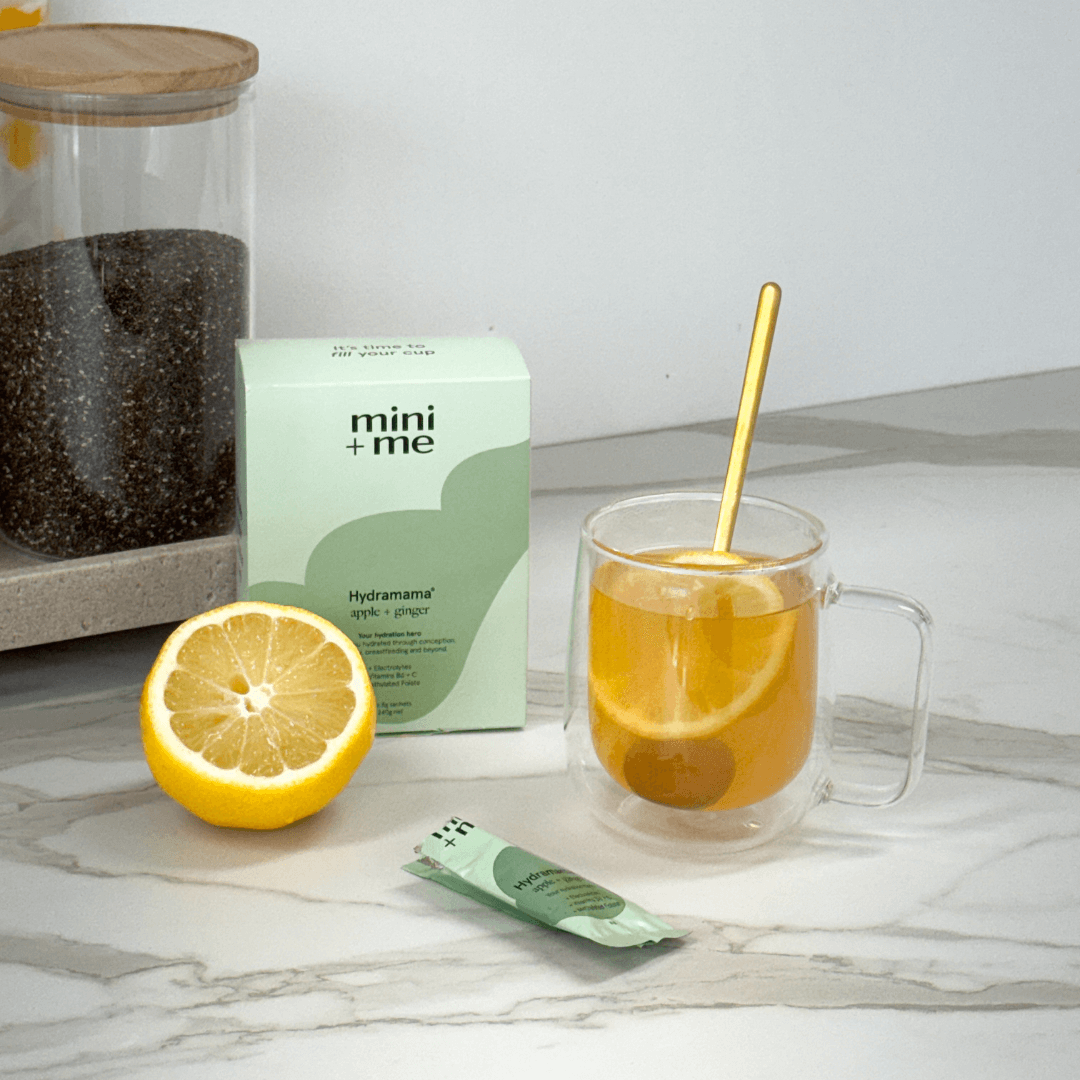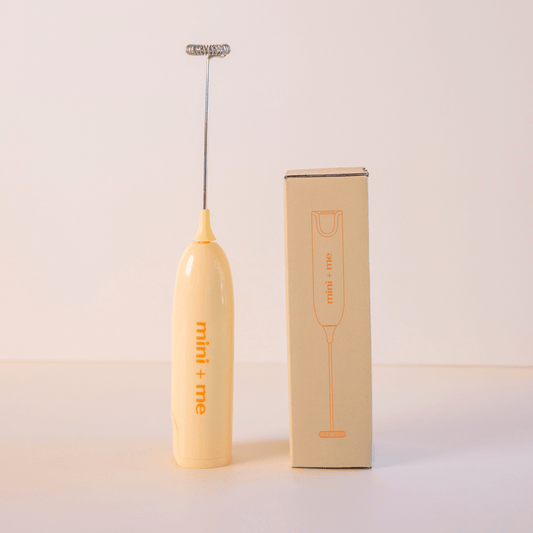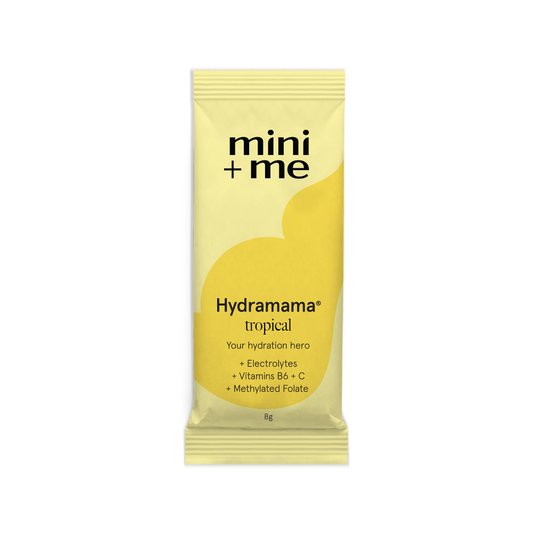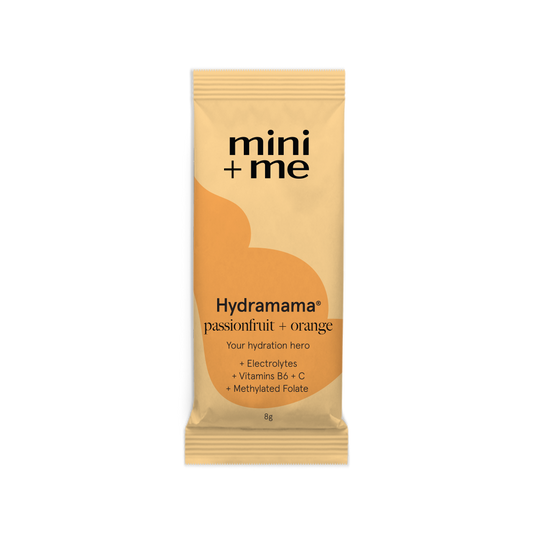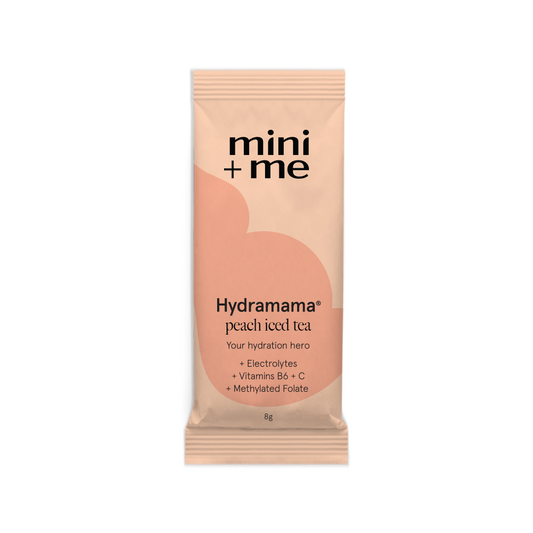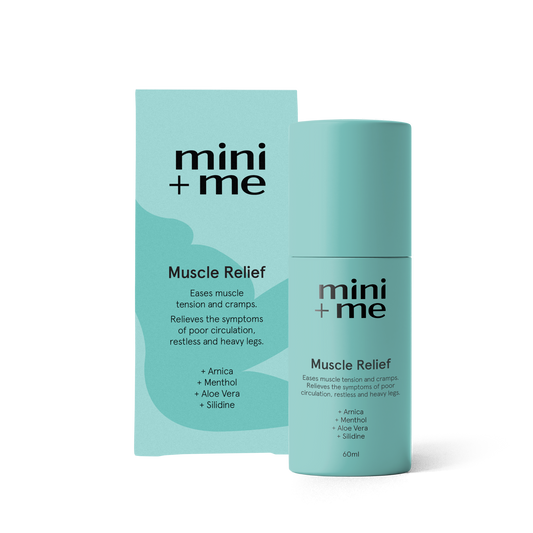Returning to Work and Facing Daycare Germs: You’re Not Alone
Returning to work after parental leave is a big enough transition. Add in the never-ending stream of daycare bugs and it can start to feel overwhelming. If you’ve just sent your baby or toddler off to childcare and they’ve already come home with a sniffle (or worse), you’re not imagining it. This is an incredibly common part of the daycare journey.
Research shows that children in their first year of group childcare can experience up to 10 to 12 respiratory infections per year (1). It’s tough on little ones, and just as tough on parents trying to juggle work commitments with the unpredictability of sick days.
You’re not doing anything wrong. This season is challenging, but manageable. And there are ways to support your family’s health, prepare ahead, and protect your mental load.
Why Are There So Many Bugs in the First Year of Daycare?
Your baby’s immune system is still developing. When they’re exposed to new environments with lots of other children, they’re also exposed to new germs. While this helps build stronger immunity in the long run, the short-term reality often looks like non-stop runny noses and cancelled meetings.
Common illnesses during the first year of daycare include:
• Respiratory infections (colds, RSV, flu)
• Gastro bugs
• Hand, foot and mouth disease
• Ear infections
Many of these are viral, which means they don’t require antibiotics, but hydration becomes even more important, especially if your child isn’t eating well. Electrolyte support can help the whole family bounce back faster. Hydramama is a gentle, family-friendly option to help replenish fluids when illness hits.
Managing Sick Days: Planning Ahead Helps
While you can’t prevent every illness, a bit of forward planning can help reduce stress when your little one does get sick.
Have a Sick Day Plan
• Share the load: Agree in advance with your partner who will stay home when (alternating days off can help balance work impact).
• Check your workplace policies: Understand your sick leave entitlements and whether you can access carer’s leave.
• Have backup care options (if possible): Trusted family or a part-time nanny can be a lifesaver.
• Stock your sick day kit: Having a few essentials on hand can make sick days less chaotic. Think tissues, a thermometer, pain relief and Hydramama sachets.
Cart is Empty
Your Cart is Empty
- Choosing a selection results in a full page refresh.
- Opens in a new window.




